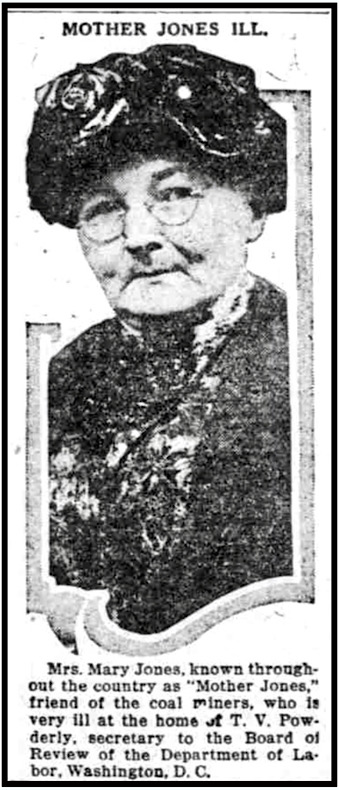 —————
—————
Hellraisers Journal – Thursday December 26, 1912
Boston, Massachusetts – Kate Barnard Calls for Strike on Matrimony and Motherhood
From the Duluth Labor World of December 21, 1912:
TOO MANY BABIES IN AMERICA NOW?
———-
Oklahoma Kate Tells Effete Boston There Is
No Need for More Race As It Is Now.
———-OVER-WORKED MOTHERS FIRST
CAUSE OF CRIME
———-
Calls Strike On Matrimony and Motherhood Until
Women Are Granted Better Conditions.
———-
BOSTON, Dec. 19.—”Don’t get married, girls; go on a mother strike until industrial conditions for women are better,” was the appeal made here today by Miss Kate Barnard, prison commissioner of Oklahoma, where she is sometimes called “Oklahoma Kate.”
[Miss Barnard declared:]
We have no need for more of our race as it is at present. I have decided not to marry until women are far better off industrially and politically, and I’m not an old woman, either.
Miss Barnard is—well, perhaps she might be 30—or thereabouts—and she is very pretty.
Where Crime Starts.
[Said Miss Barnard;]
The first cause of crime is the overworking of mothers and those who some day will be mothers.
She told how Oklahoma got its child labor law, which has been a model for 17 states since, and said this and the compulsory education law were aimed directly at conservation of humanity and reduction of crime.
[She declared:]
It’s a farce to pass a child labor law or a compulsory education law unless you provide against poverty, keeping children out of school.
She told how her bill provides that if a widow has children at work, they can be taken from the mill and sent to school and the state will pay their wages, just as though they were at work. There are 5,461 children now at school in Oklahoma under this provision.
”Last” But Five Years.
Miss Barnard described child labor in glass factories where little workers “last” from three to five years.
[She cried:]
And I say that the American girls have no time for matrimony until this is changed. We don’t need any more of the race until we can clear up what we have.
Ida Tarbell, the well known magazine writer, also spoke. She has concluded that married women and girls who enter industrial life without pressing need form one of the worst dangers to civilization in this country.
Miss Tarbell has been paying special attention to the question of the minimum wage for women and today declared:
The minimum wage for women in Boston should be set at $9 while in New York it should be $1 higher. I’d hate to have any girl I cared about working in New York for less than $10.
Discussing the observations she has made while gathering material for a new series of articles on the new business ethics of today. Miss Tarbell said:
How They Live a Mystery.
Plenty of girls in New York are living on $6 a week and are keeping straight on it, too. It can be done, but how the girls do it is a mystery. Those girls living on those few meager dollars and living right are the heroines of the age.
The girl who lives at home and accepts a position for $5 or $6 a week is the girl who makes it hard for the homeless and self-supporting girl to make a living—makes it hard for her to remain a good girl.
The woman who works for less than a living wage is the woman who marries and continues to work. She is the most vicious element in a workaday world. We’ve got to realize that marriage and the home are something more than two people living together and supporting themselves. We’ve got to realize what a function it is in the great scheme of things.
The whole basis, of our social development is the family. In the first place there are children to be considered. A woman must give up her work or race suicide is the result. Of course from the economic view point the couple are much better off if the woman stays at home and the man works. If they are both working the aggregate earnings are more, but the aggregate expenses are comparatively greater also and there is no conserving done; none of the countless things that make a dollar have a dollar’s purchasing power.
[Photograph and emphasis added.]

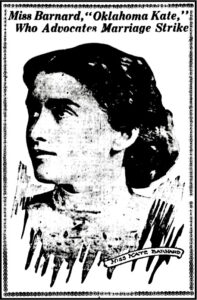
 —————
—————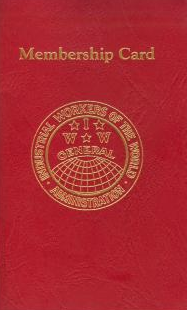
 —————
—————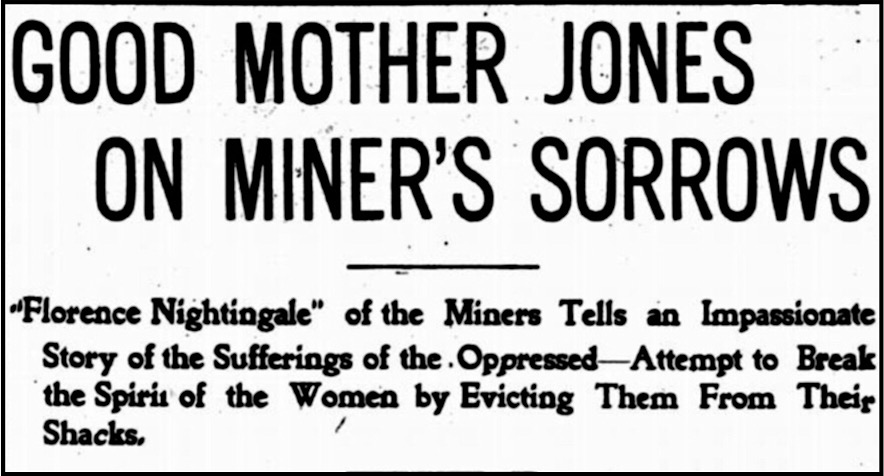
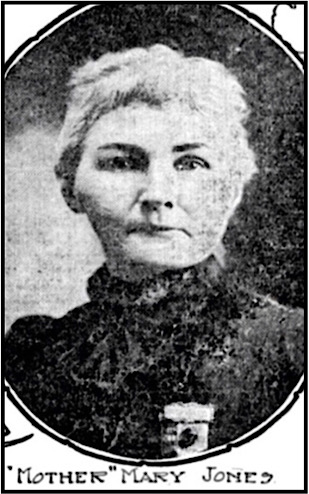
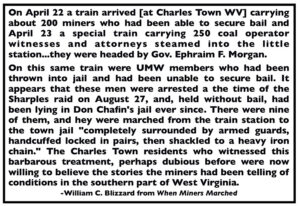 —————
—————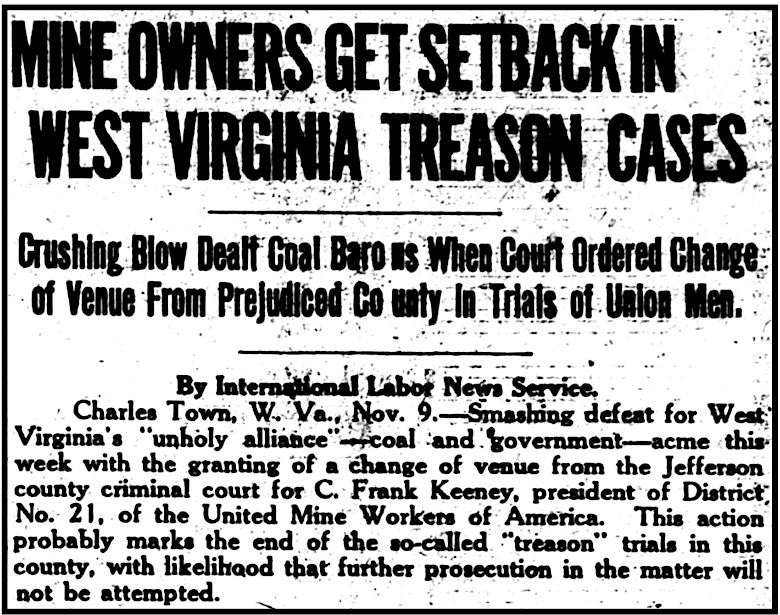
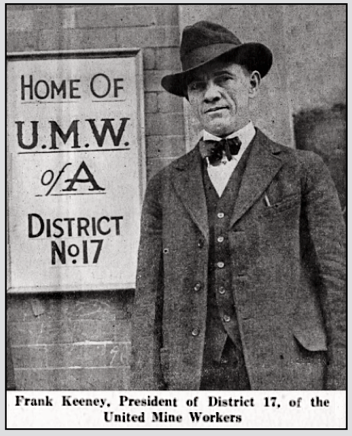
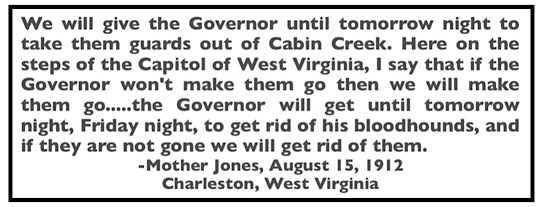 —————
—————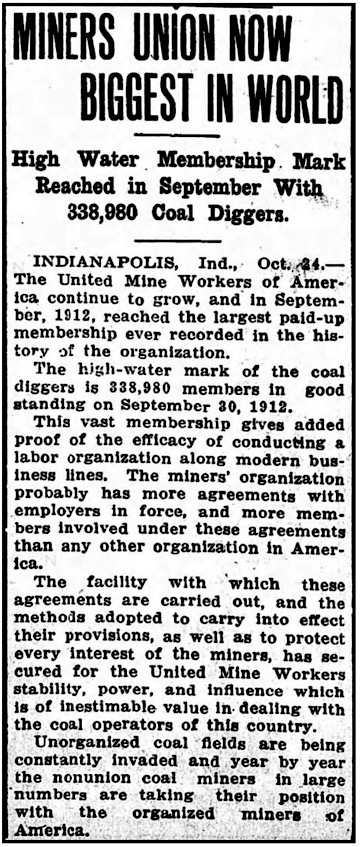
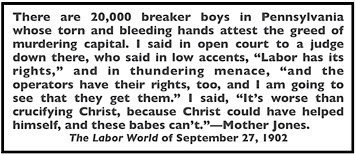 —————
—————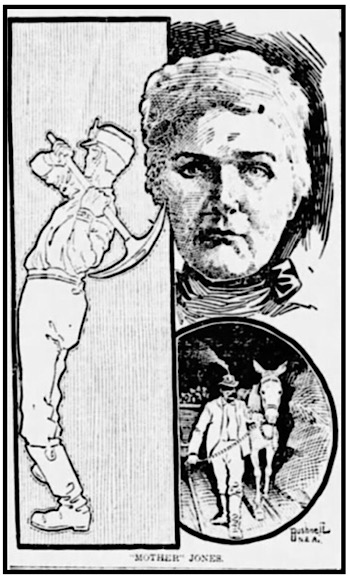
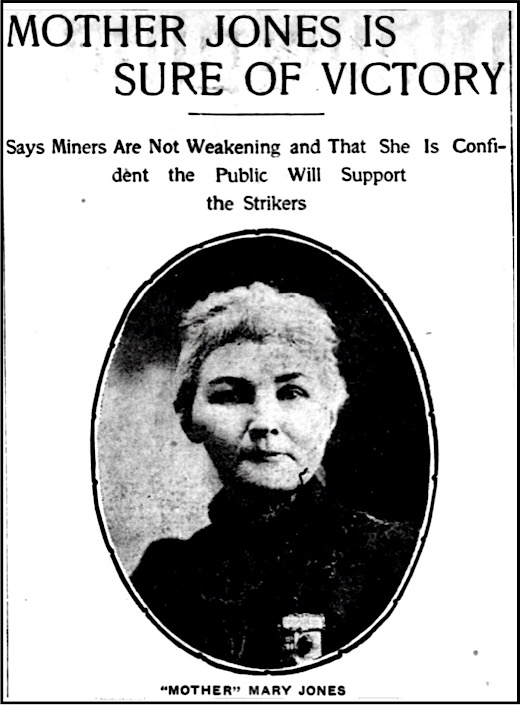
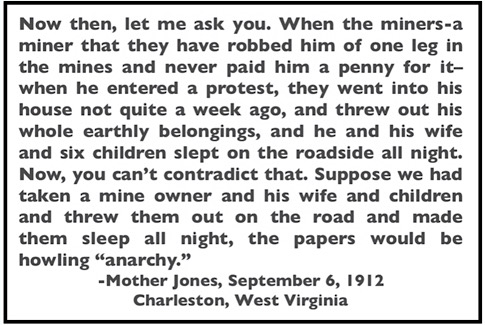 —————
—————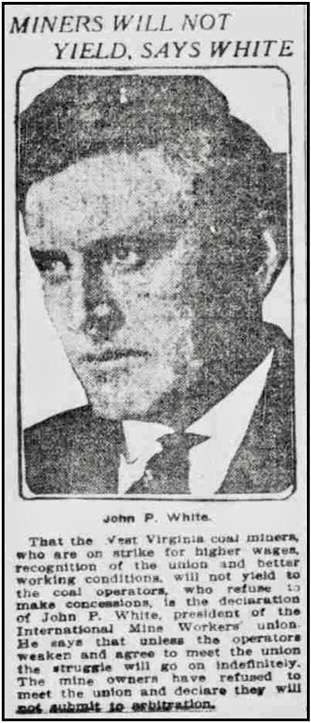
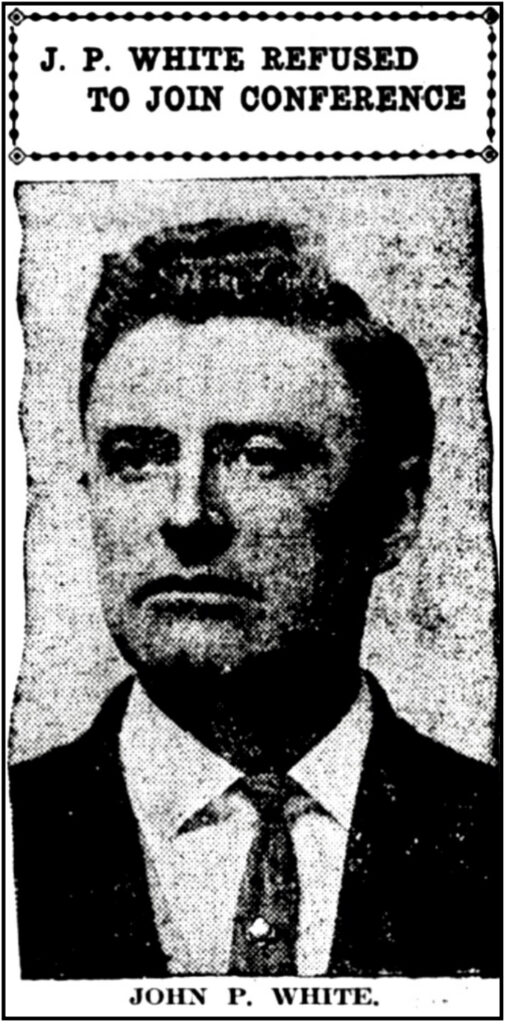
 —————
—————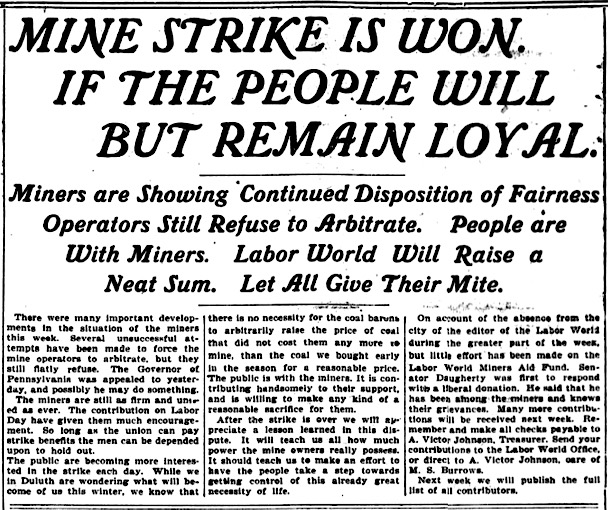
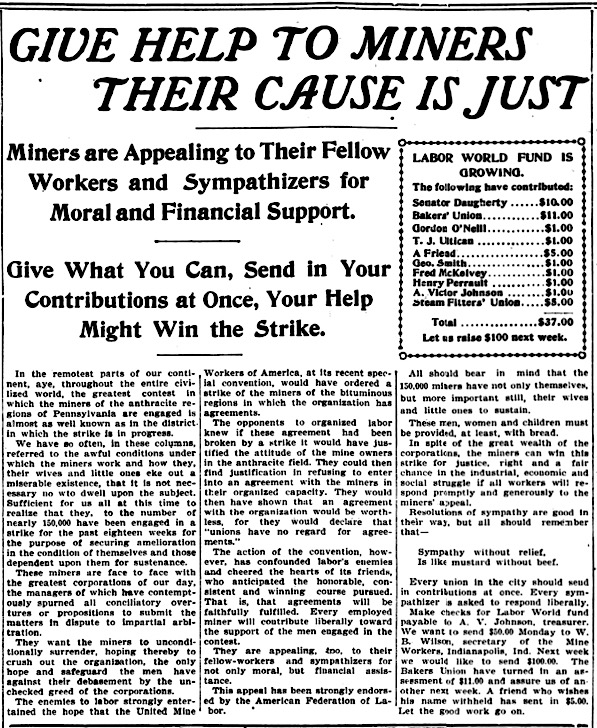
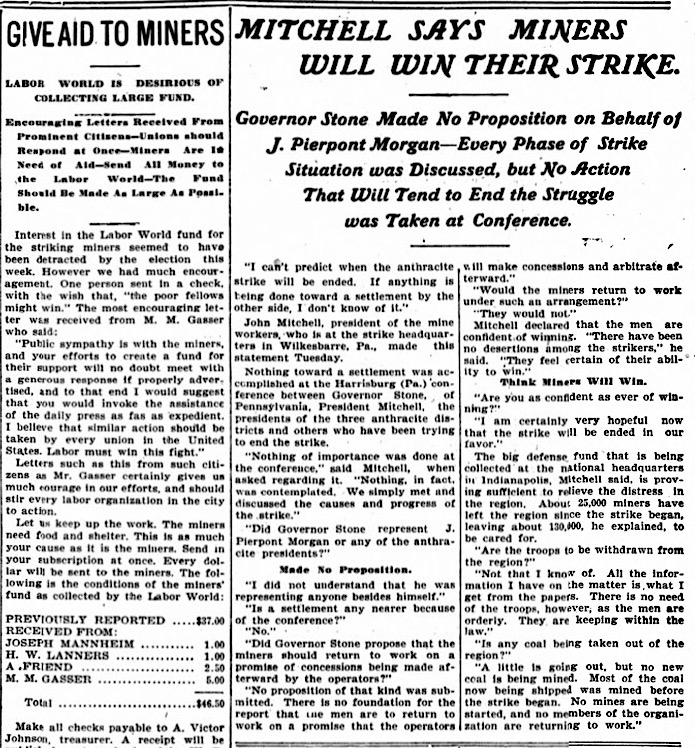

 —————
—————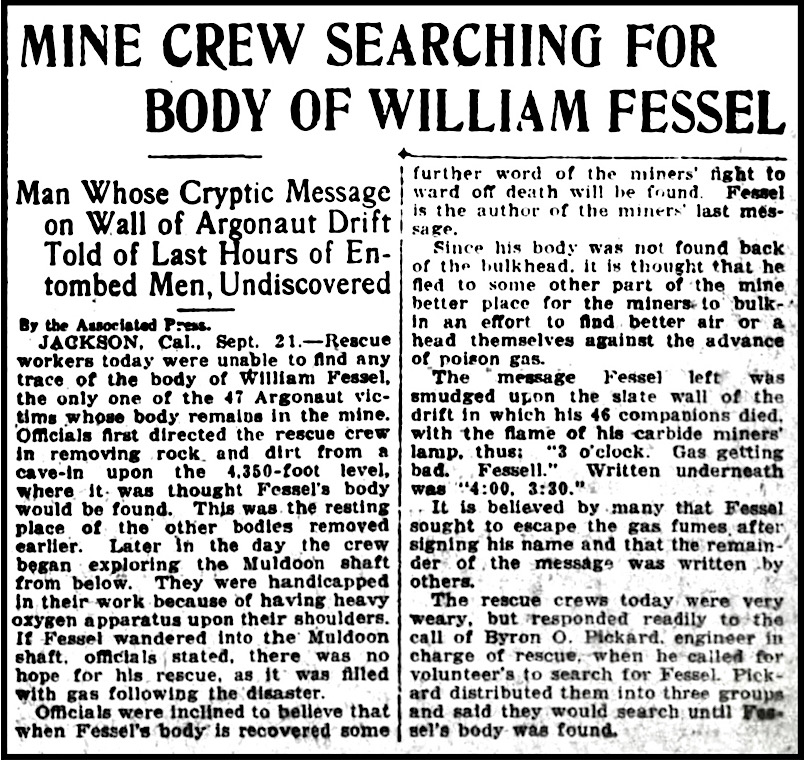
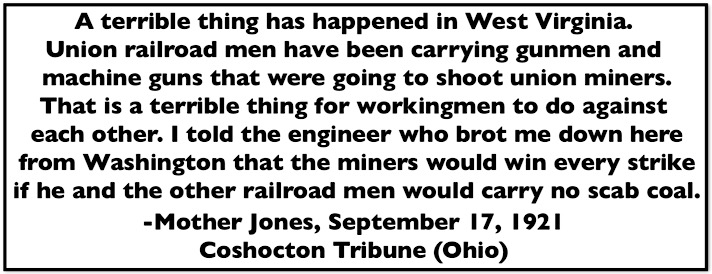 —————
—————